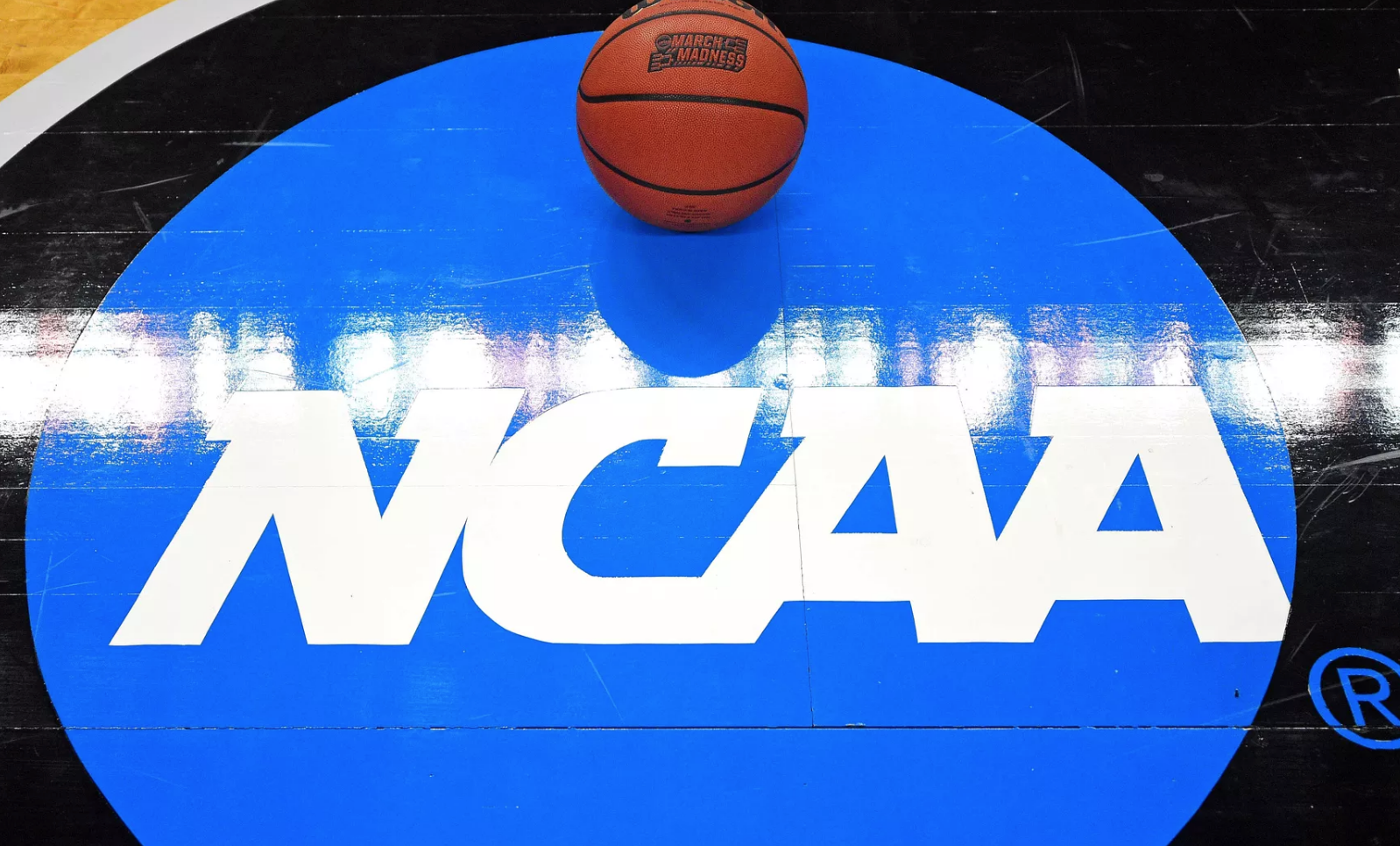
Cole Tamarri
Managing Editor
Writing this column feels like a version of the movie “Groundhog Day.”
This is the third time I have written about the NCAA since I graduated high school in 2013, and in the six years since, the system has not changed one iota.
These next three weeks are the NCAA Division I Men’s Basketball Tournament, a marketing gold mine with sponsorships and advertising pasted to every surface and medium imaginable.
Maybe next year there will be a sponsorship for player’s sweat, brought to us in high definition by Degree deodorant.
Despite the record revenues reported by SB Nation last year in which the collegiate governing body cleared $1 billion in profit, not one dime goes to the players who create the product.
Coaches get compensated accordingly, and in some states such as Indiana, are the highest paid state employee.
Shoe companies make profit off of the exposure of their respective brands to millions of viewers.
Colleges receive over half of this windfall of profit as the teams that makes the 68-team bracket are compensated according to their conference and finish in the competition.
What has been at the center of this boom for the collegiate tournament is the television rights deal signed by CBS/Turner Broadcasting that is a 14 year $10.8 billion deal according to the Wall Street Journal, renewed in 2010.
This year, the star of the tournament is a player from Duke University, freshman forward Zion Williamson.
NBA teams have been throwing away their seasons, or “tanking” to get a high draft pick in the hopes of signing him.
His presence on the team brought up ESPN’s ratings for Duke games 30 percent and for all other games, the ratings have been up six percent, according to USA Today’s The Big Lead.
In fact, the South Carolina native is so marketable, CBS decided for this year’s tournament to implement a “Zion cam” where a member of the network’s camera crew had been tasked with focusing just on Williamson’s actions for the entire game versus North Dakota State.
First of all, that is insane.
The college tournament has seen some of the most noteworthy names in basketball history:
Kareem Abdul-Jabbar, James Worthy, Isiah Thomas, Hakeem Olajuwon, Clyde Drexler, Patrick Ewing and the greatest of all time, Michael Jordan.
Not one of these players had a camera dedicated to them the entire game.
Secondly, the young man is so prolific that he gets a camera focused on him to generate more viewership and revenue, and yet, he receives no compensation for this.
Before the pitchforks and torches come out and people yell about scholarships and the value of a Duke education, I get all that.
I understand these items have value.
However, let’s take a look at a video the NCAA tweeted this week called “Day in the life of a student-athlete.”
The video depicts a young man (not an actual student-athlete because they can’t compensate them for their time) going to class, attending practice and the video depicts little to no hardship or stress.
Former college athletes across the social media landscape have excoriated the tone-deaf clip, citing its unrealistic depiction of life as a college athlete.
Some even created parodies of this video, showing the sleep deprivation, hurried meals, exhaustive practices and little time for academics.
One of the most noteworthy ones was created by former Texas linebacker Emmanuel Acho, and at the end of the video wrote “The NCAA: Providing Opportunities for Athlete Exploitation.”
To follow up this tone-deaf video, the NCAA’s news account, @InsideTheNCAA retweeted a post from the 2016 tournament confirming that they do in fact provide free Wi-FI to their players at team hotels during the competitions.
Although they tried to walk back the tweet citing past complaints on internet access, it read as yet another attempt to justify their version of amateur athletics.
These players simply deserve a measure of monetary compensation beyond the scholarships and free apparel.
There is value in college sports, and I agree that the players do benefit.
But for there to be record profits at the detriment of the athletes’ quality of life is immoral.
The system needs changed.
It won’t ruin collegiate sports, and the athletes deserve better.
They should be compensated for their work, like every other adult.
Email Cole at:
ctamarri@live.esu.edu

